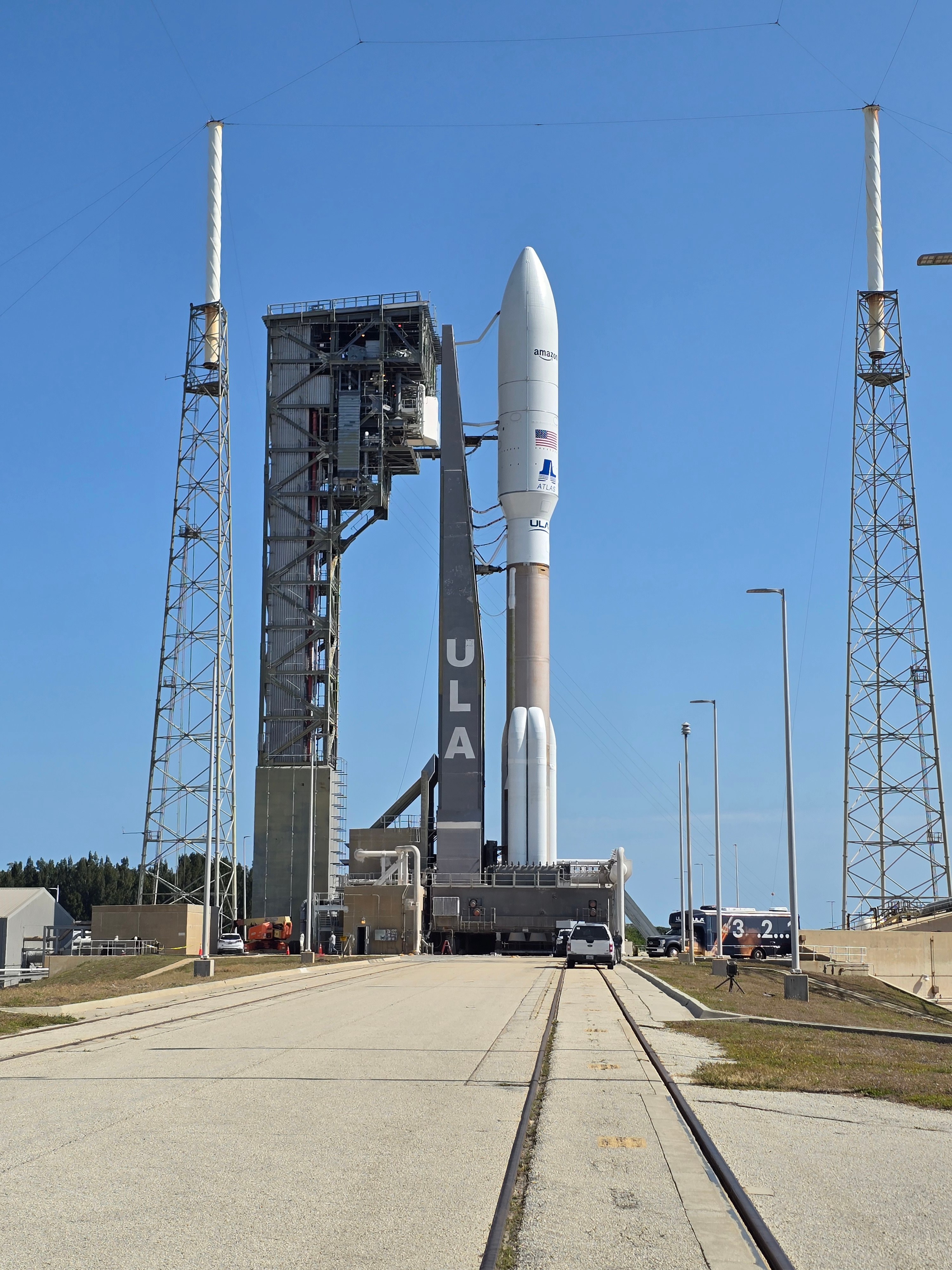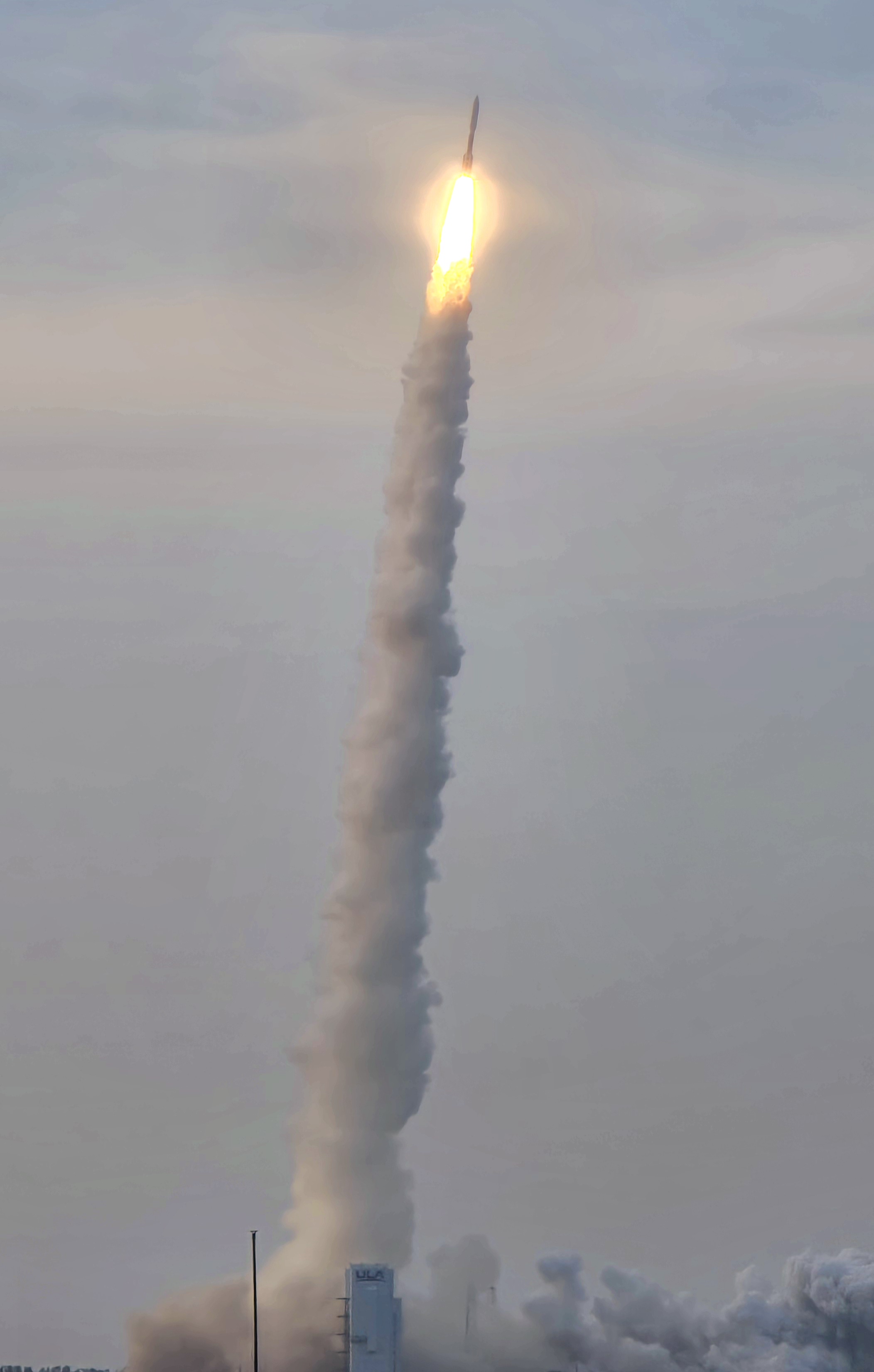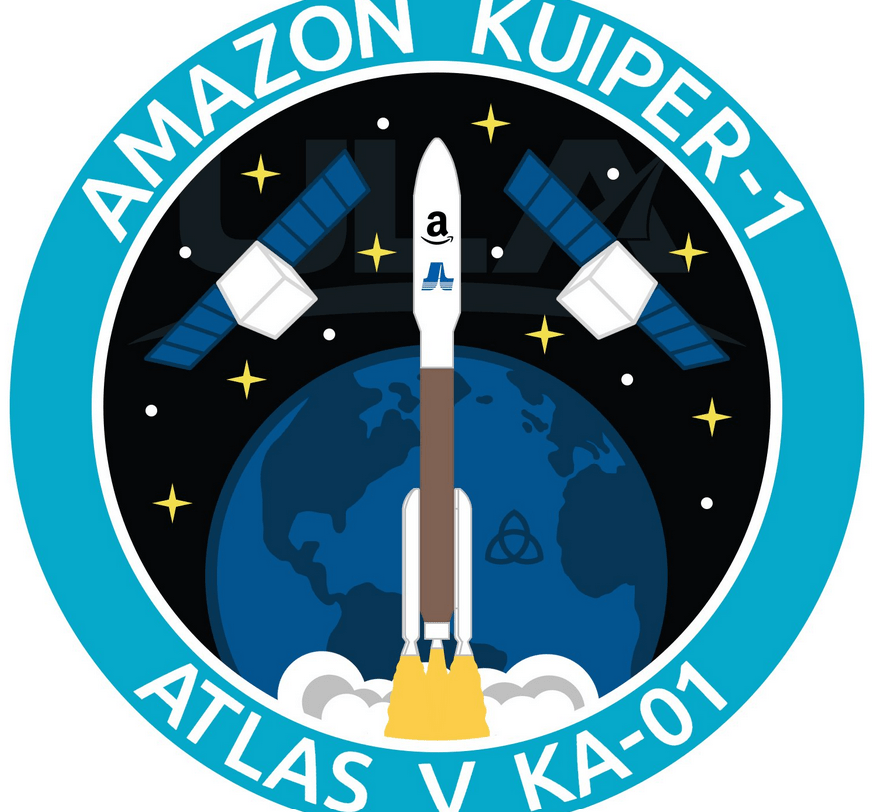Forget moon landings and Mars missions — there’s a space race unfolding right now, and it’s all about something much closer to home: your internet connection.
Amazon has officially entered the broadband-from-space game with the launch of Project Kuiper, a satellite internet network that’s heading into orbit to join the competition against SpaceX’s Starlink. But unlike past space races, this one isn’t about planting flags or exploring distant worlds. It’s about making sure people, no matter where they live, can finally get fast, reliable internet service.
If that sounds futuristic, just talk to folks in the hills of Southwest Virginia who’ve already used Starlink to visit the doctor from their living rooms. The internet is coming from the sky now —and it’s changing lives in some of the most overlooked corners of America.
Starlink got off the ground early. With more than 7,000 satellites already orbiting a few hundred miles above Earth, the SpaceX Starlink constellation has become the largest of its kind. It’s delivering high-speed internet to over 125 countries, including rural homes, schools, and farms across Virginia. The setup is simple: a dish on the roof, a clear view of the sky, and suddenly, you’re connected — no fiber lines or phone cables required.
Amazon is just getting started, but it’s aiming high. Over the next few years, Project Kuiper plans to launch more than 3,000 satellites, using rockets from Blue Origin, United Launch Alliance and even SpaceX itself. That’s right — sometimes, even in a space rivalry, you end up buying a ride from the competition.
What makes this all so exciting isn’t just the technology — it’s what it can do for real people.

In remote parts of Virginia, Starlink is already making healthcare more accessible. The Health Wagon, a mobile clinic serving the Appalachian region, now uses Starlink to connect patients with doctors hundreds of miles away. With remote diagnostic tools and AI-assisted evaluations, they’re bringing expert care to places that have never had it before. Seniors in Wise County, supported by Mountain Empire Older Citizens (MEOC), are using it too — staying in touch with caregivers, managing medications, and staying healthier from the comfort of home.
During the pandemic, when Wise County Schools closed and students were sent home, Starlink helped keep classrooms alive. Kids logged in for lessons from homes that had never had a strong enough signal before. It wasn’t perfect, but for many families, it meant the difference between falling behind and staying on track.
When Hurricane Helene took out cell towers and internet lines, Health Wagon advanced into Damascus and didn’t miss a beat. Starlink kept them connected — sending live updates, coordinating relief, and keeping critical information flowing when the usual systems failed.

And it’s about to get even better. SpaceX Starlink is now working with phone companies to offer satellite service directly to cellphones — no dish required. That means even if you’re hiking the Little Stoney Falls, or the Devil’s Bathtub in Scott County, or the Guest River Gorge in Wise County, or deep in the backcountry of the Appalachian Trail, you’ll still be able to send a text or make a call. For emergency responders, outdoor workers, or anyone off the beaten path, that’s more than convenient — it could be lifesaving.
Amazon’s vision for Kuiper is a little different. Yes, it wants to provide fast broadband, but it’s also looking to integrate its system with services like Prime Video and Amazon Web Services. That means you could one day stream a movie from a campsite in the middle of Beartree Campground in the Mount Rogers National Recreation Area or run cloud-based software without ever touching a ground-based network. They’re even exploring ways to build artificial intelligence and cloud computing capabilities directly into their satellites — essentially creating flying data centers that process information in orbit rather than on Earth.
It is not your grandfather’s space program anymore!

So, while Starlink is focused on bringing broadband to the backwoods and a global cellular service, Kuiper is thinking about how to blend entertainment, business, and big data into one seamless sky-based system. Different goals, same idea: use space to improve life on Earth.
And it’s not just SpaceX and Amazon crowding the skies. OneWeb, based in the UK, has hundreds of satellites in higher orbit. China has plans for a 13,000-satellite constellation of its own. The European Union and U.S. military are building networks, too. The sky is getting busy — but in this case, that’s a good thing.

Because the real story here isn’t about billionaires or rocket launches. It’s about the people who benefit. It’s about the kid logging into a science class from a trailer on a mountaintop. The farmer checking weather data from a field. The nurse consulting with a specialist via video call. The families who can finally stream a movie together without the dreaded buffering wheel. This space race isn’t about ego — it’s about equity.
It’s about closing the digital divide and making sure everyone, no matter their ZIP code, can get online. It’s about opportunity, safety, education, health and connection.
So the next time you look up and see tiny moving lights across the night sky, know that it might not just be a satellite. It might be someone’s first job interview, a child’s first online lesson, or an aspiring Virginia Tech-educated aerospace engineer, or an audio-visual call between a patient and a doctor that wouldn’t have been possible just a few years ago.
This is the future of the internet — and it’s looking up!
Jack Kennedy is a more than six-decade native of Wise County, having been a private attorney, local and state elected official, now a museum docent at U.S. Space Force Museum at Cape Canaveral Station, Florida. Jack@JackKennedy.net



